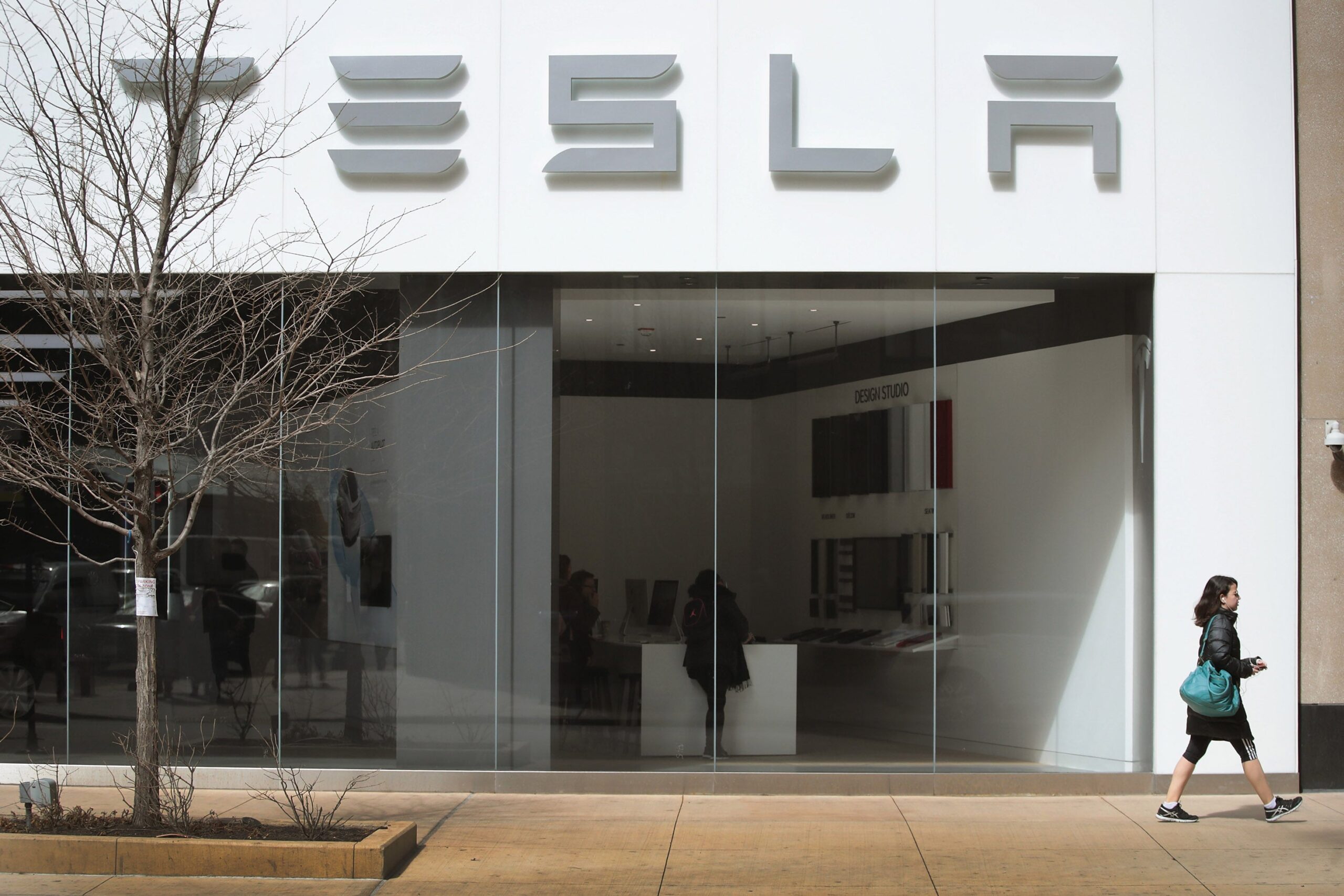A Black man who formerly worked at a Tesla plant in Northern California was paid a $1 million settlement after an arbitrator ruled that the company failed to stop his supervisors for calling him the N-word and creating a racially hostile work environment.
Suggested Reading
Melvin Berry, who was hired as a materials handler at the company’s Fremont factory in 2015 and quit fewer than 18 months later, alleged that when he confronted a supervisor for calling him the N-word,” the boss retaliated by making him work longer hours and push a heavier cart. Arbitrator Elaine Rushing, who worked as a former judge in Sonoma County Superior Court for nearly two decades, found Tesla liable because the racism was carried out by Berry’s supervisors, Bloomberg reports. “Case law is clear that one instance of a supervisor directing the N-word at a subordinate is sufficient to constitute severe harassment,”she said in her ruling.
Arbitrations aren’t usually made public, but Bloomberg News reports that court filings reveal that Rushing found Berry’s allegations more credible than Tesla’s denials.
“I hope the world knows that an arbitrator found Tesla treats its employees like this,” Berry, 47, told Bloomberg News in a recent phone interview. He says he is taking a break because he still hasn’t “gotten over the healing process.”
This isn’t the first time Tesla has been called out for racism. Here is more on that from Bloomberg:
Other lawsuits and complaints to California authorities echo Berry’s allegations. In late 2017, a Black worker, Marcus Vaughn, tagged the plant as a “hotbed of racist behavior” in a suit. Tesla responded with a lengthy blog post titled “Hotbed of Misinformation,” saying the company had investigated the alleged incidents and fired three people as a result.
An ex-Tesla employee who worked at the Fremont factory for about two years said in a sworn declaration in the Vaughn case that he had heard the “N-word” used at least 100 times by co-workers and that Black and White employees alike referred to the factory as “the plantation” or “slaveship.”
In April, a judge in Alameda County Superior Court rejected Tesla’s request to block Vaughn from seeking class-action status to represent other workers. Separately, a contract worker who came to Tesla as an elevator operator in 2015 is set to face off against the company over discrimination claims in a September trial.
In 2020, 31 complaints were filed with California’s Department of Fair Employment and Housing alleging discrimination at Tesla on the basis of race, age, gender expression, disability and pregnancy, according to data obtained from public records. The state agency issued right-to-sue letters in a majority of the cases; a handful were closed with insufficient evidence.
In July, Valerie Workman, Tesla’s vice president of people, posted on the company’s blog to remind employees about the use of slurs and epithets as they prepared to return to offices.
As for Berry, the contract he signed with Tesla included an arbitration clause, meaning he could not sue the company in court. He says he’s not sure he would’ve signed it in hindsight.
“The reason why you do it is, if you don’t sign it, you don’t get the job,” Berry said. “That’s the Catch-22.”
Straight From 
Sign up for our free daily newsletter.



